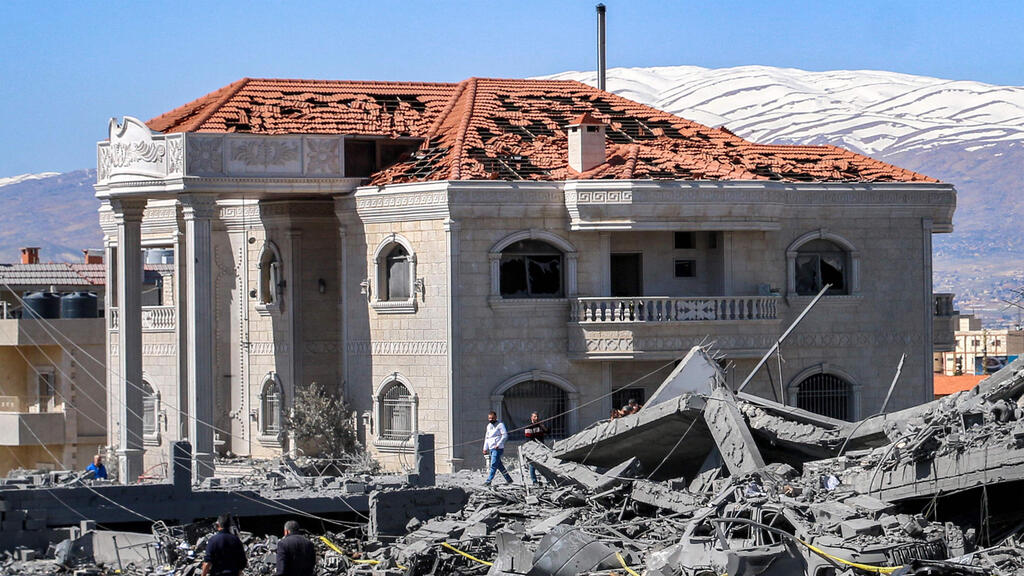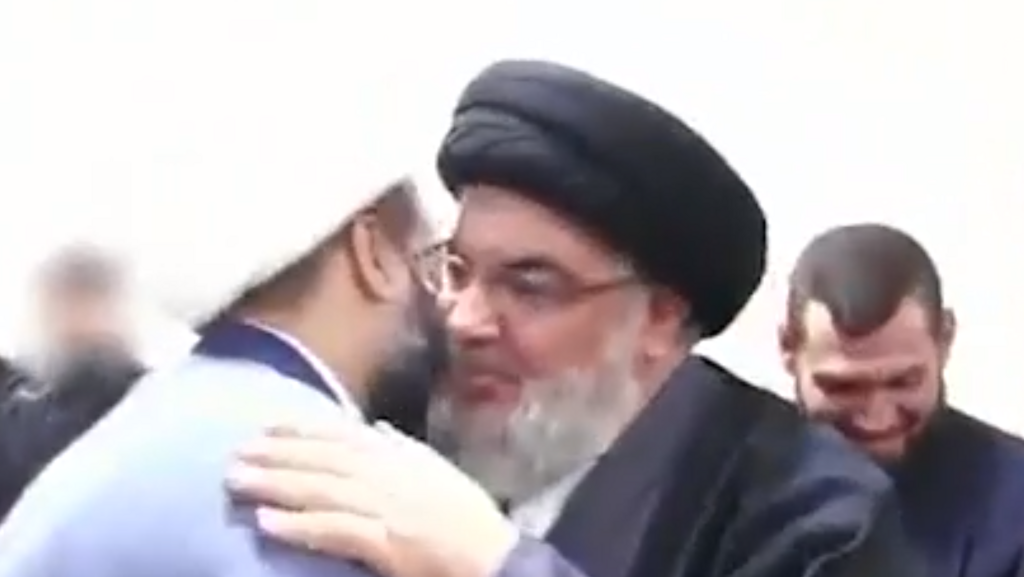After five months of war, Hezbollah can no longer consider its bastion in the Bekaa Valley region of Lebanon safe from Israeli attack. The IDF launched its first strikes last month on Baalbek, the predominately Shiite city and a stronghold of the Iran-backed group, located some 100 kilometers (62 miles) from the border with Israel and the same distance northeast of Beirut. On Monday and Tuesday, more strikes were carried out.
Read more:
According to the IDF spokesperson, Tuesday's attack targeted two Hezbollah military command centers where "significant means," used by the terror group to bolster its military capabilities, were stored. The military did not elaborate on what those "means" were.
According to Lebanese media reports, at least two people were killed in the Israeli strike, one of them, according to Reuters, was a member of Hezbollah.
On Monday, according to the IDF, two other Hezbollah command centers were attacked. They were described as belonging to the terror group's aerial force, which planned and executed attacks on Israeli territory. Local media then reported the death of a civilian in the strikes. According to reports in the Saudi Arabian press, the targets were storage facilities for Hezbollah's advanced drones.
The area of Baalbek is one of three predominately Shiite areas in Lebanon and an area where Hezbollah operatives reside. Another area is the south of the country, along the border with Israel, where fighting has been taking place since October 8. Many of the terror group's operatives live with their families in the south and work in the villages close to the border.
The third Hezbollah stronghold is the Dahieh suburb of Beirut that had come under attack in January when an explosion killed Saleh al Arouri, a senior member of Hamas.
Hezbollah's presence in all three areas allows it broad regional control. From Baalbek, the Iran-proxies have a hold on the central parts of Lebanon and on the border with Syria. As in the other strongholds, in Baalbek Hezbollah operatives live and operate from within civilian populations.
The group has said a considerable number of fatalities it had suffered in the months of fighting have come from the Bekaa Valley.
The area is the group's logistical center and contains, according to a recent report by the Alma think tank, many strategic assets, including its drone and missile operating units. Tel Aviv University Professor Eyal Ziser, an expert on the Middle East, agrees that Hezbollah would concentrate those assets away from the Israeli border.
Even if the fighting between Israel and Hezbollah ends in a diplomatically negotiated agreement, Baalbek would still be critical for the terror group's arsenal of weapons. The Bekaa Valley and the city are not part of any negotiation and would therefore continue to pose a threat.




